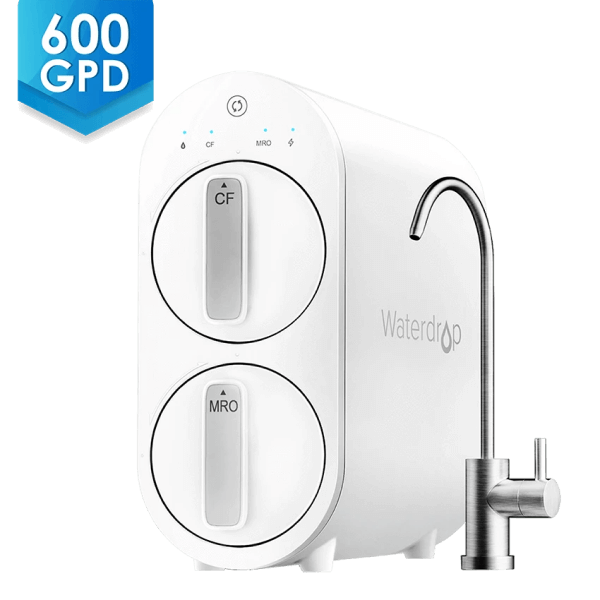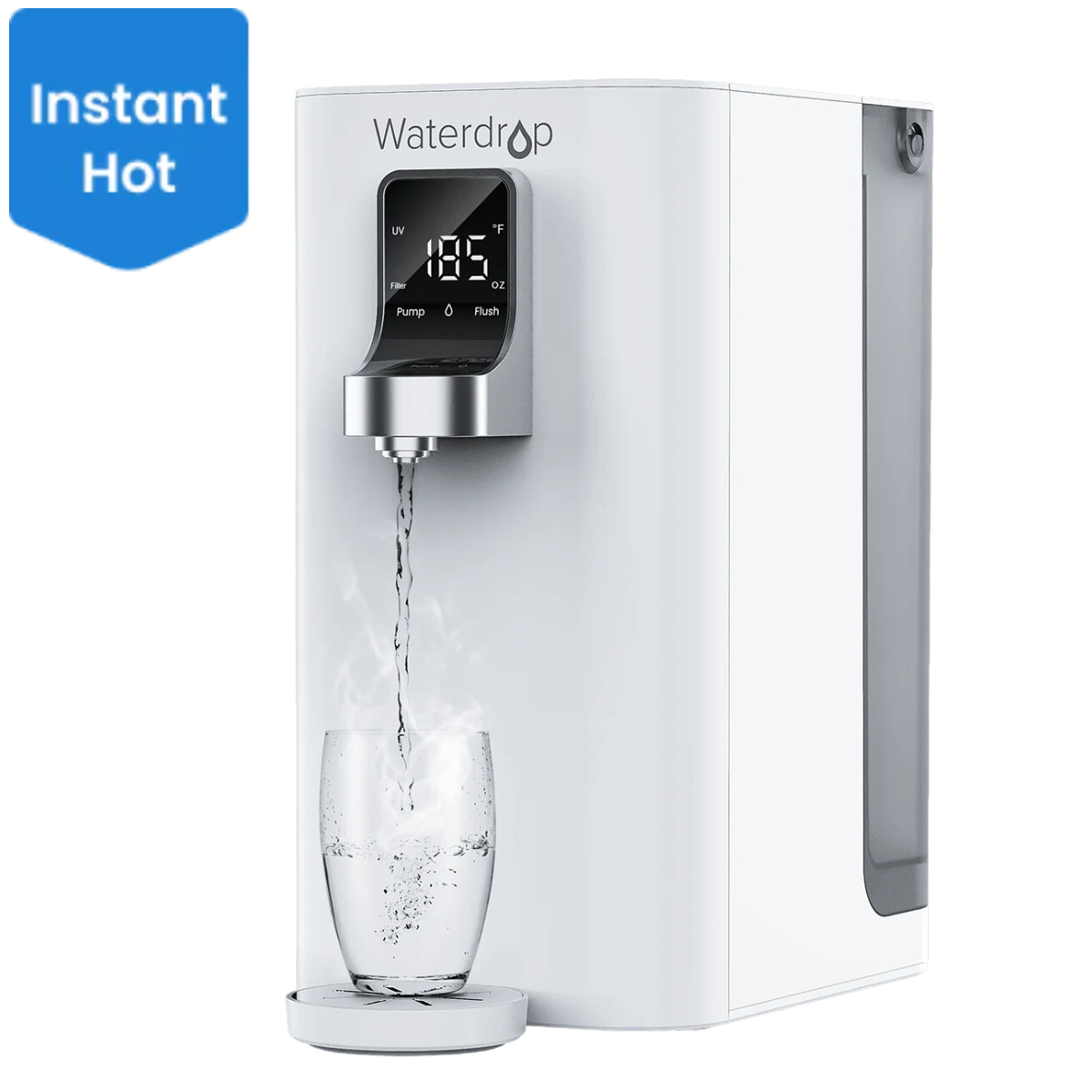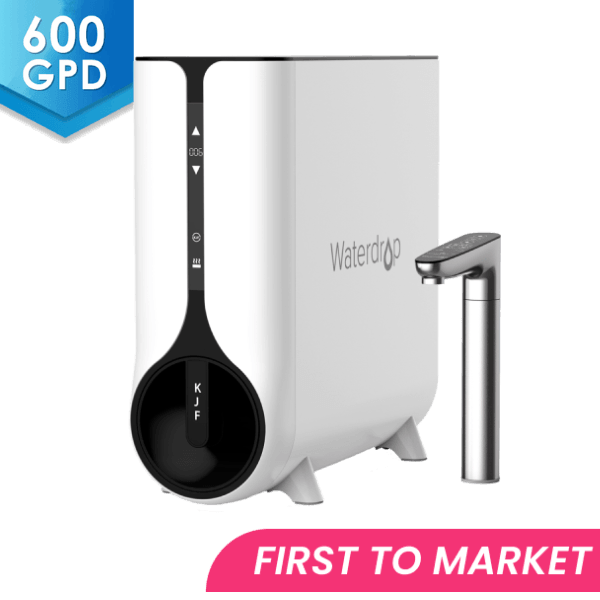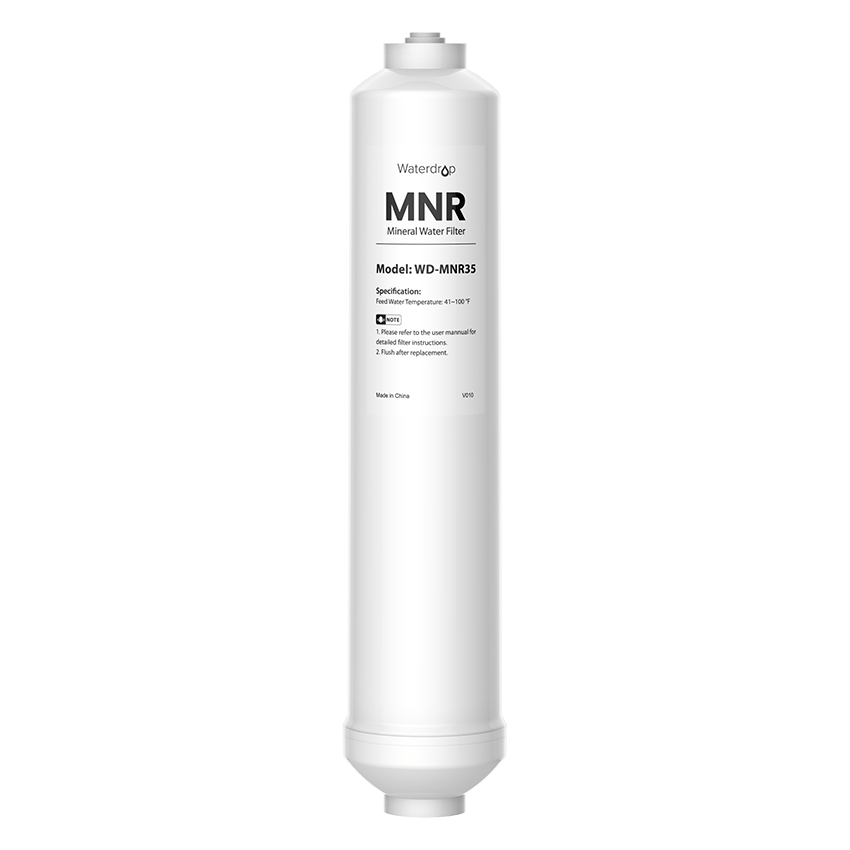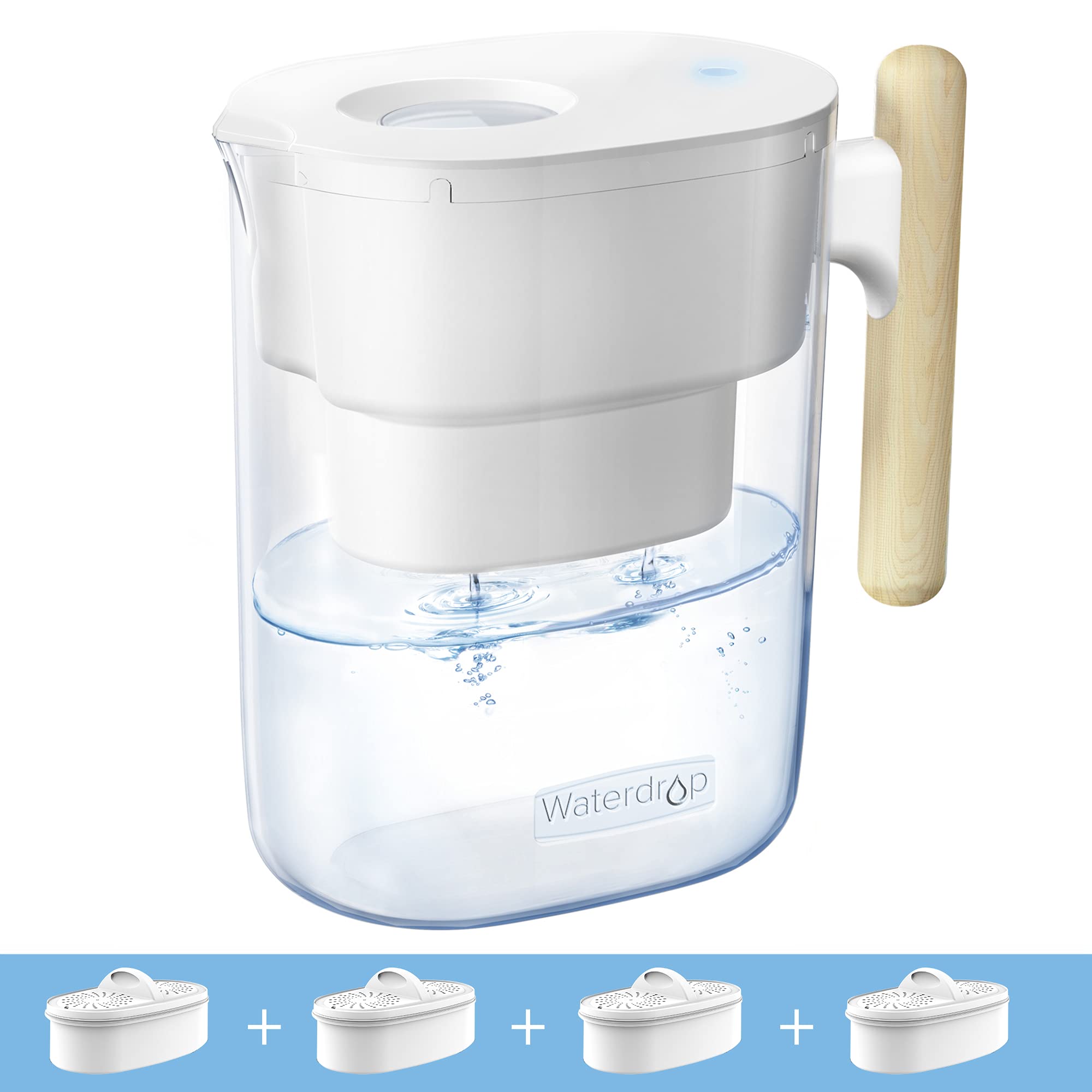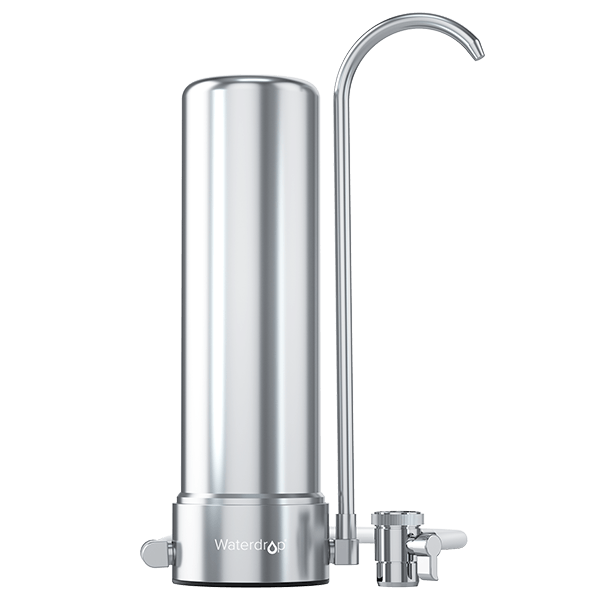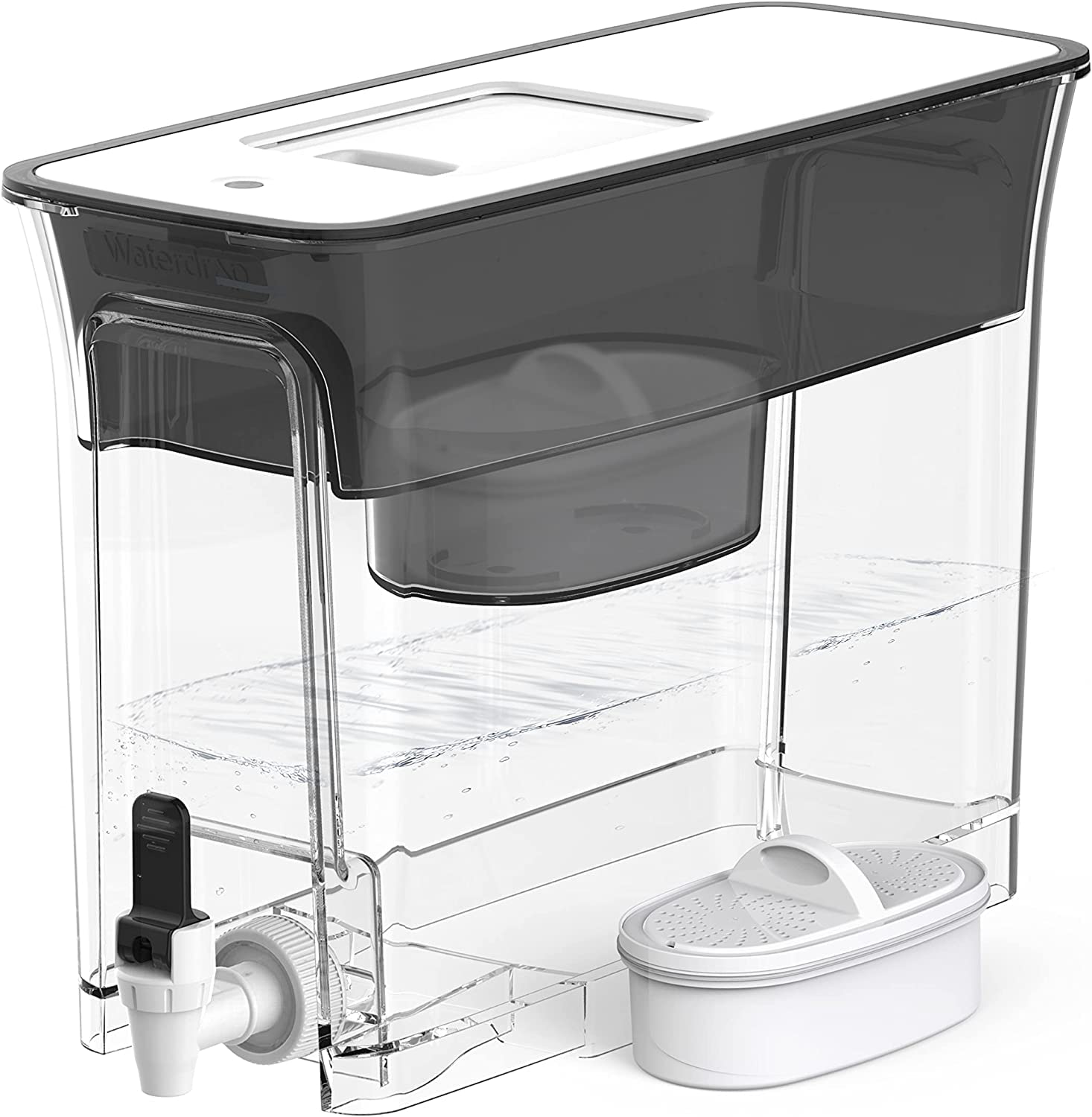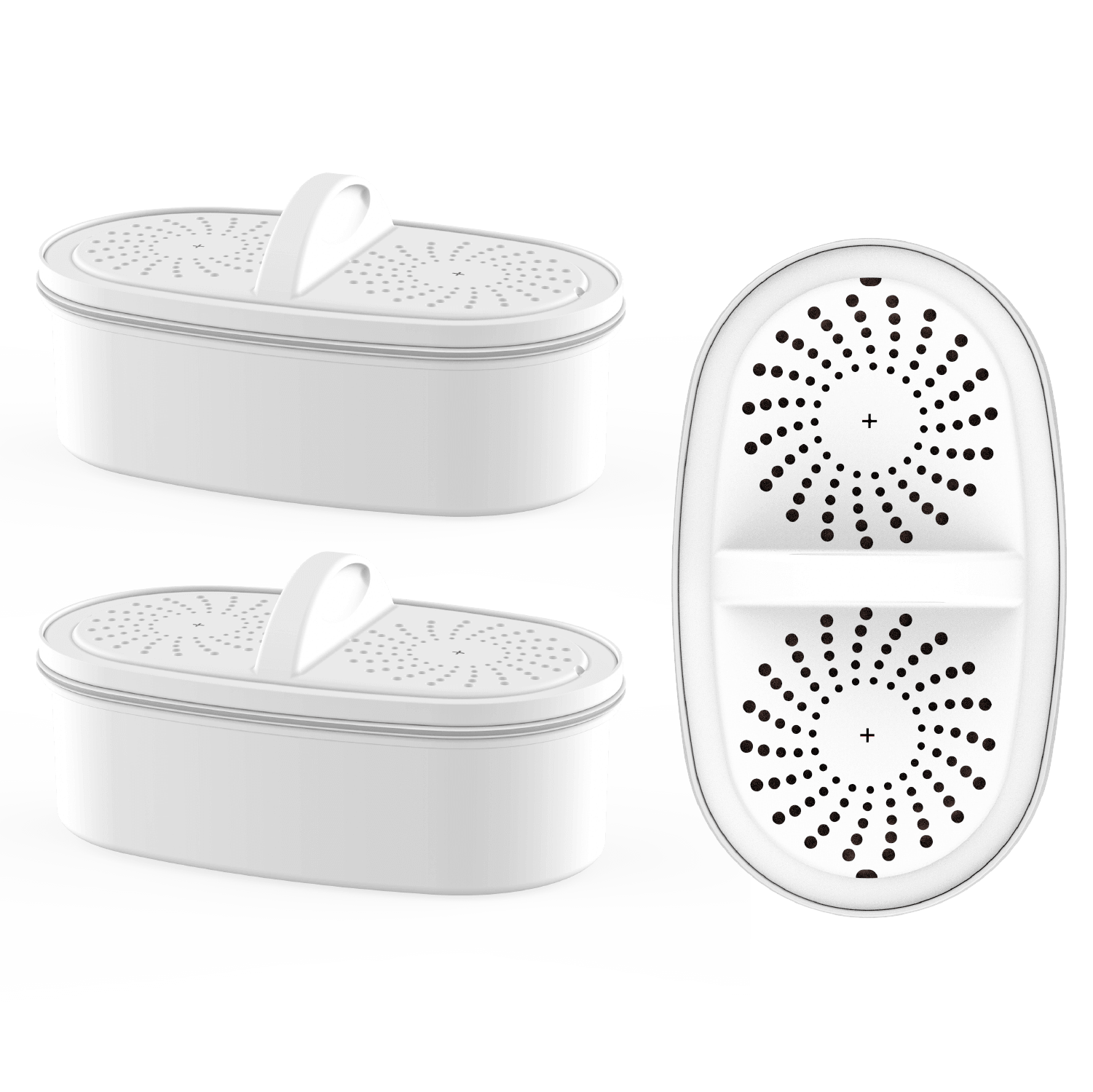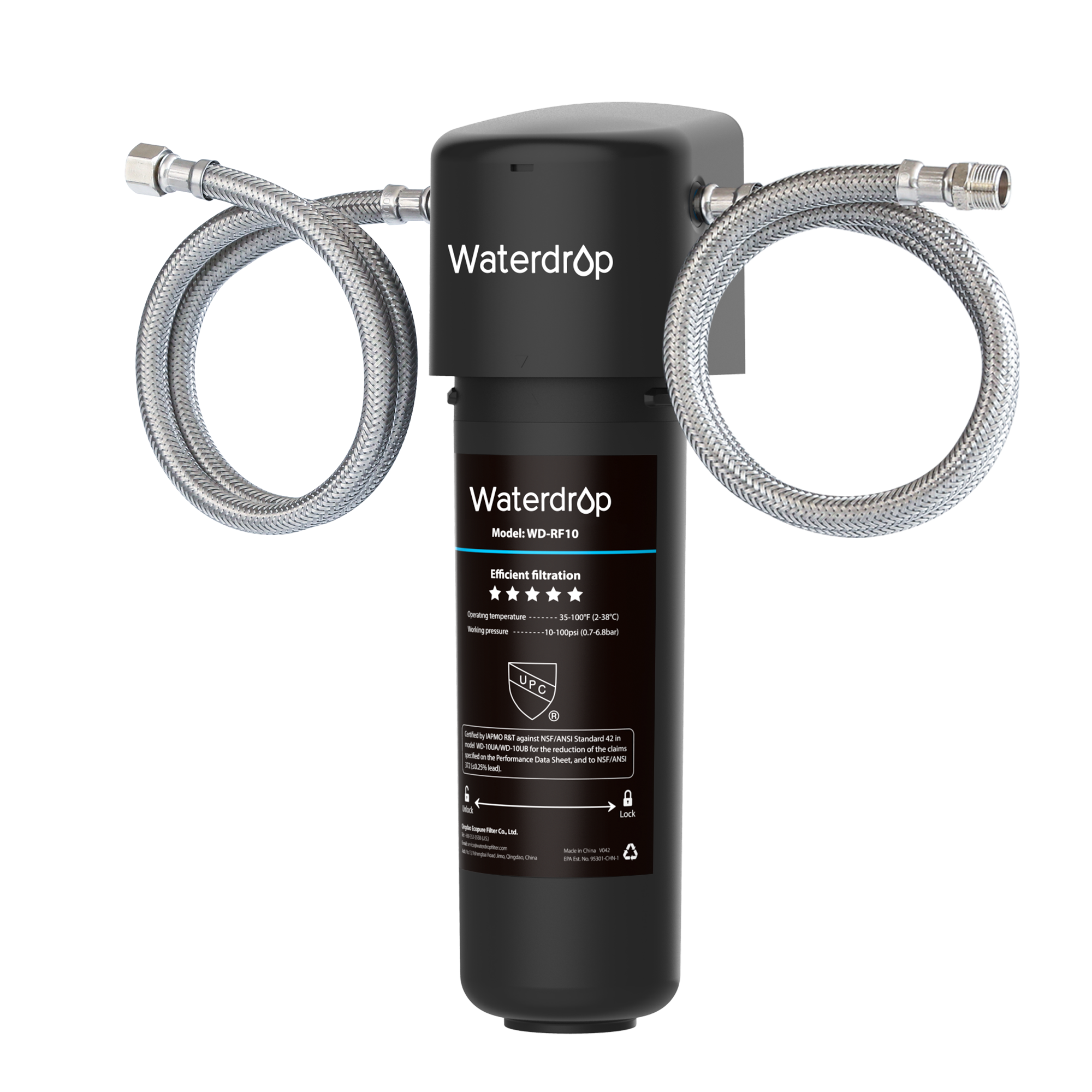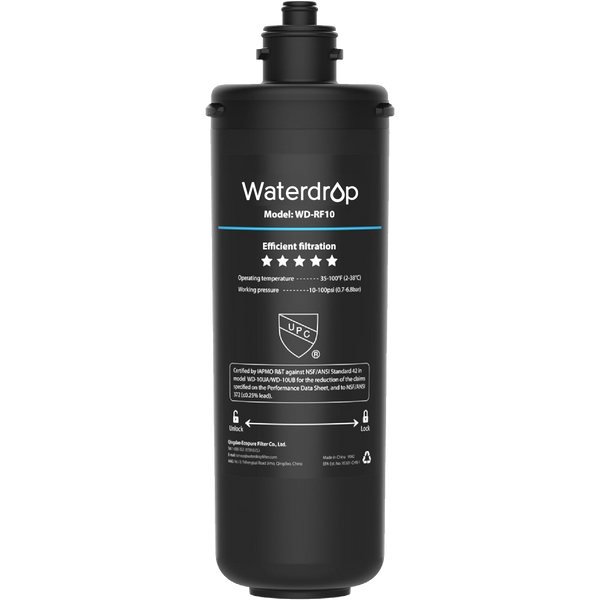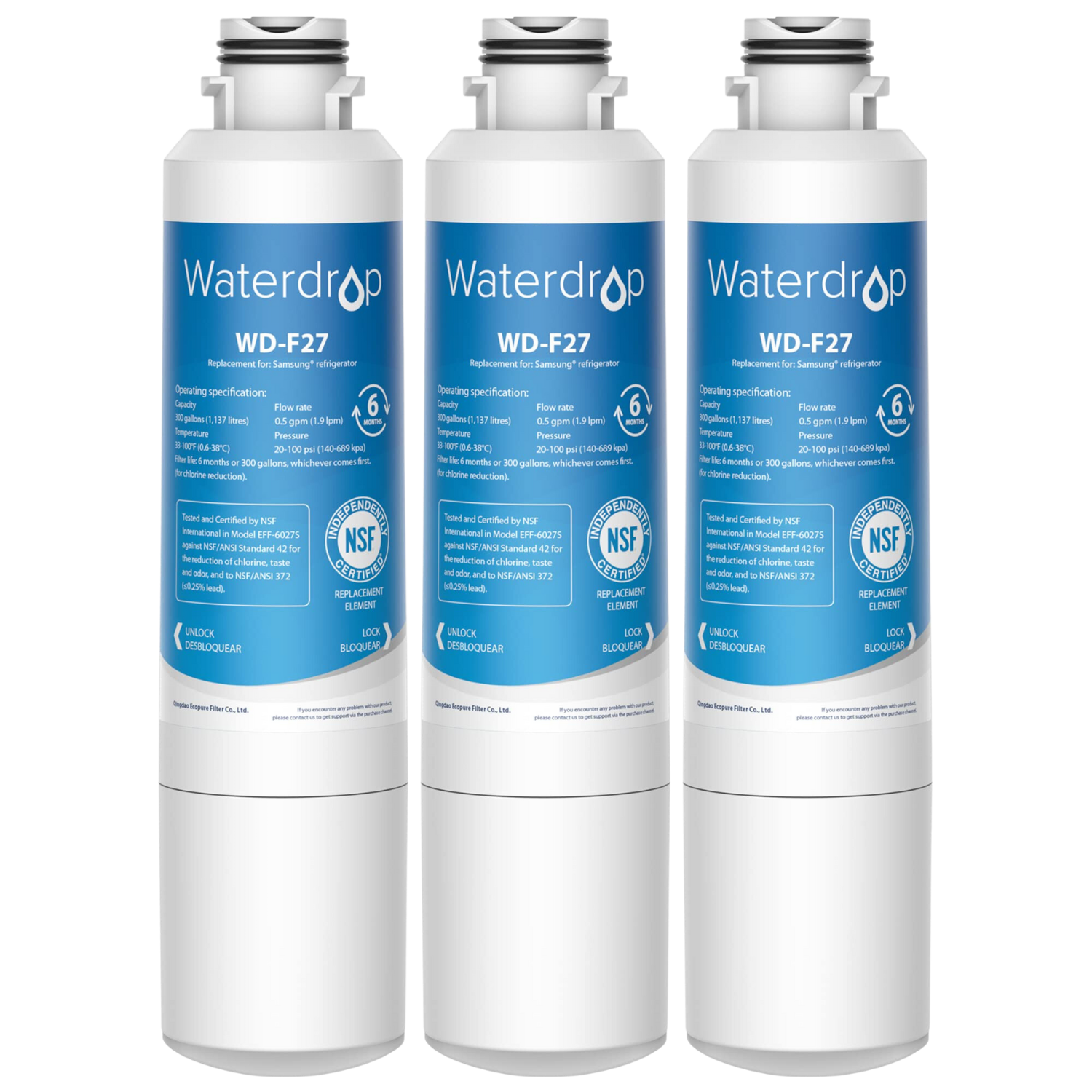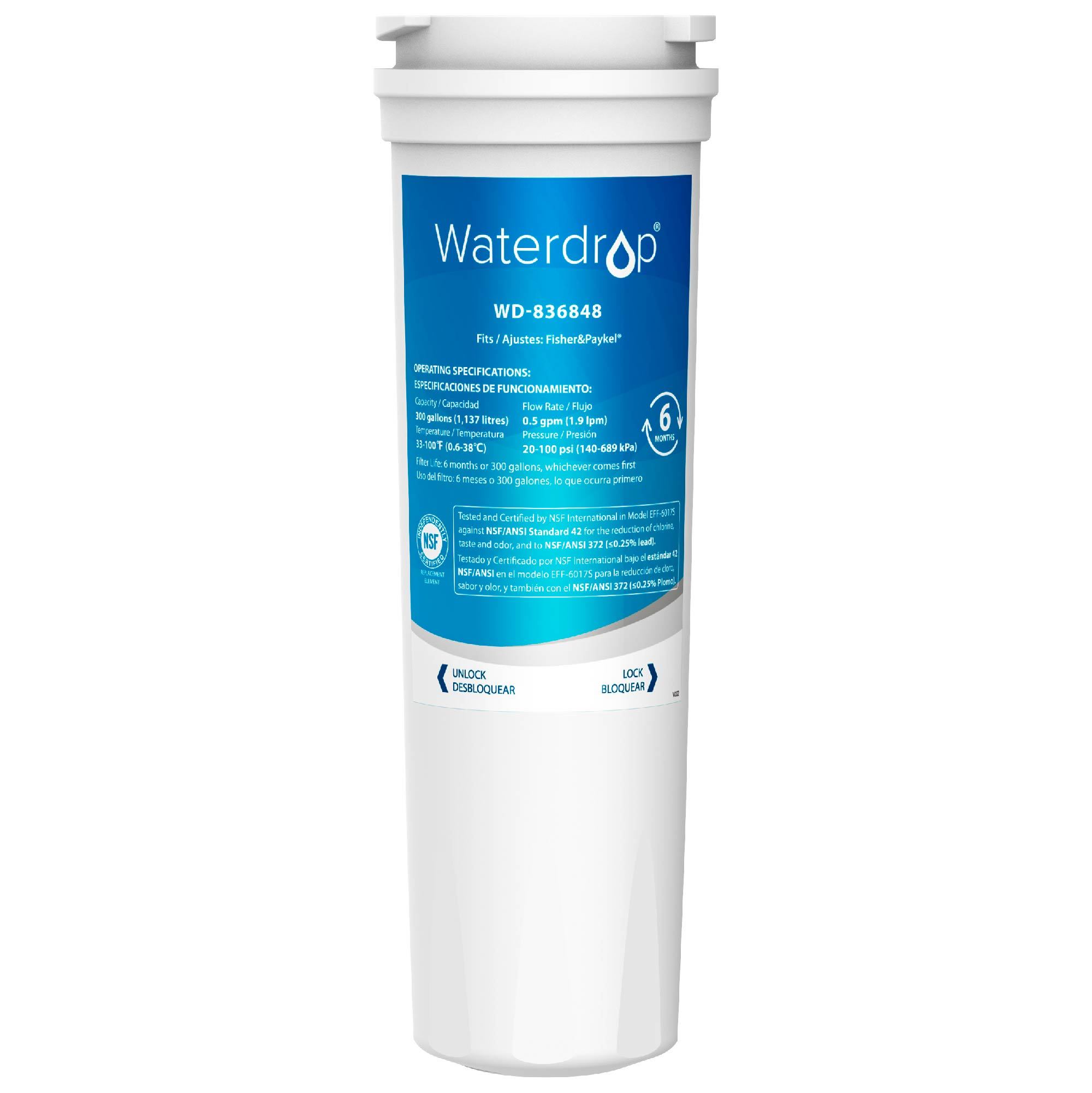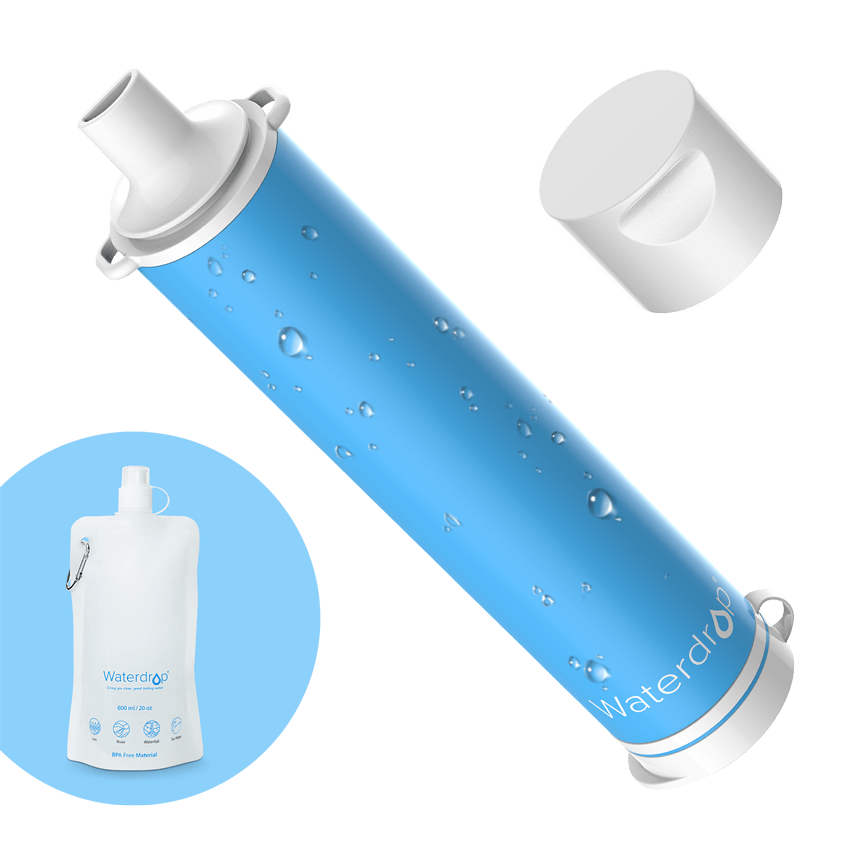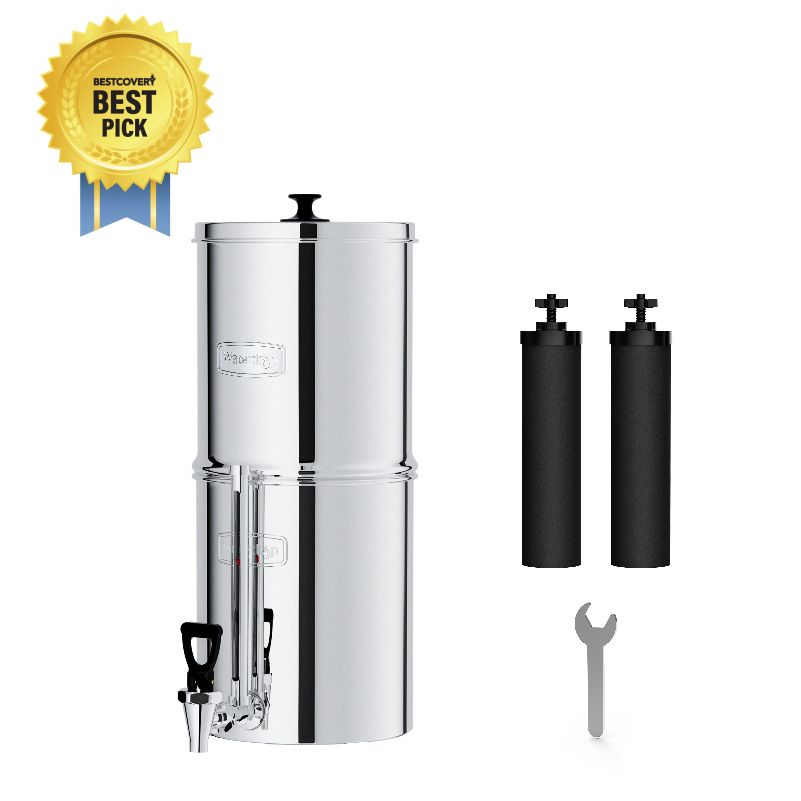Why Is It Essential To Change Your Water Filter?
by Dr. Jonathan Doyle - Updated July 14, 2022
In the United States, there has been an increase in the reported cases of water contamination. Therefore, it is best to invest in a good water filter. A water filter makes you much safer from toxic water pollutants.
Although a water filter is essential, it may not be all that effective against potential drinking water contaminants. Without prompt replacement of your water filter, your water filtration system may not function correctly and eventually becomes a source of water pollutants, including bacteria and mold.
What Are the Types and Working Principles of Water Filters?
There are four main types of water filters, and they have different working principles, which are a mixture of physical and chemical techniques.
Activated Carbon
Activated carbon, otherwise known as active carbon or activated charcoal, is highly porous. As a result, this material is effective in reducing organic contaminants. Making activated carbon involves burning and processing carbonaceous material like wood or coconut shell to get tiny, irregular spaces between the carbon atoms. These pores are then used for attracting and trapping organic molecules, ions, and atoms in water, as the water passes through the material.
Usually, activated carbon is in granular or block form, and it is useful for filtering out several types of contaminants. For instance, activated charcoal is used in air filters. Also, in the home, this material is the technology that an inline filter uses to attach to a faucet. Built-in filters for countertop pitchers also use activated carbon.
Distillation
The distillation process involves heating water and then recapturing the evaporated steam. Unfortunately, this process leaves unwanted minerals and chemicals behind. Some water purification systems still use this ancient purification method.
Click to learn more about The Side Effects and Uses of Distilled Water as Drinking Water.
In the home, distillation systems have an activated carbon filter that captures a broader range of chemicals. But this filter requires regular maintenance, including replacement, cleaning, and descaling.
Reverse Osmosis
The reverse osmosis filtration system is the most effective and thorough water purification system. This multi-stage purification method involves water passing through a particle screen, then a semipermeable membrane, before passing through a carbon filter. Consequently, all particulates, organic compounds, chlorine, residual odors, and taste are removed.
Ultraviolet (UV) Light
Ultraviolet light is a precise, intense light that inactivates microbes, including viruses, fungi, and bacteria. Although UV light cannot remove particulates, most UV systems have an activated carbon filter. Consequently, the effectiveness of a UV-based water filter depends on the light intensity, water composition, and timing. Therefore, cleaning the ultraviolet system and replacing the lamp periodically for the best function is ideal.
Learn more about Improving Drinking Water Through Ultraviolet Disinfection.
Working Principle of the Mechanical Water Filtration
Mechanical water filtration sets up barriers between water and its destination, and these barriers have tiny pores that are large enough for water to pass through. This filter then traps anything floating in the water. As a result, the water that comes out on the other side of the filter is cleaner and safer to drink.
The pore size efficiency measures the effectiveness of the filtration system. The smaller the pores, the more solid material it filters out. Usually, pore size efficiency is measured in “microns” or 1/1000 of a millimeter. Water filters with pores smaller than 0.4 microns are more effective in purifying water.

When Do You Need To Change Water Filters?
Several factors determine if your water filter needs a replacement. Usually, the life cycle of the filter is measured in gallons of water. But, this guideline is based on average water use. Therefore, since household water needs vary, this metric is not always a good indicator.
Several factors affect the lifespan of your water filter. These factors include the overall conditions of the water and how much it needs filtering. Other factors include scale buildup, which can clog the filter. Also, it would be best to consider your water needs and the effectiveness of the water fountain.
The filter needs a replacement if you notice an unpleasant taste or odor from your water. You should also get a filter replacement if there is a gradual decrease in water pressure.
Visually assessing the filter is another way to evaluate if it needs a replacement. Furthermore, always check the manufacturers’ water usage guidelines to ensure you are not exceeding them.
Don’t Forget to Replace Your Water Filters
With various responsibilities ongoing, it is pretty easy to forget to replace your water filter when necessary. You can always remember to replace water filters with the following tips.

Buying Water Filters in Bulk
If multiple replacements are available, it is easy to replace a water filter when necessary. You may have to wait for days after ordering a new filter, which is not a pleasant experience especially when your current filter is not operating at its best.
Setting Multiple Reminders
Setting more than one reminder makes it easier to stick to the proper schedule. You can set a reminder on your phone, mark your calendar or schedule an alert to your email.
Scheduling Other Maintenance at the Same Time
If you have other things you have to do in your home periodically, it is best to schedule everything on the same day. Making a day out for routine maintenance makes it easier to remember important things.
Why Is It Essential To Change Your Water Filters?
Old water filters get filled with sediment, thus slowing down water flow. Therefore, you may consume harmful contaminants in your water, leading to health problems. Furthermore, the buildup of minerals in the water filter may cause sediment deposits on your faucets and sinks.
If you don’t change your water filter as when due, it can shorten the life of your water filtration unit. Setting a maintenance schedule is the best way to avoid these problems.
Conclusion
Water filters must be relatively clean and debris-free for the proper functioning of the water filtration system. In addition, the water filter traps impurities in the drinking water as it goes through the filtration system, thus keeping your drinking water impurity-free. It becomes more difficult for water to pass through the filtration unit as the filter becomes clogged. Replacing the water filter when necessary will keep your filtration systems running smoothly.


